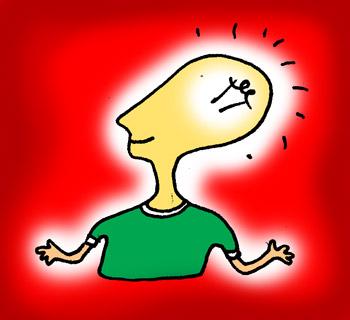
As part of our ongoing series on English usage we bring you a new set of quiz questions to test your knowledge of the language.
Language expert Preeti Shirodkar recently shared with us the most common blunders that Indians make while writing in and speaking English.
See Part 1 here: 11 Blunders to avoid in spoken and written English
See Part II here: Most common blunders in English usage
We also ran a quiz challenging you, our readers, to test your knowledge of the language many of us so often take for granted.
So you scored superbly in that test? Good! Here's one more coming your way!
1. Sir, ___________ I come in?
a. could
b. may
c. would

2. I ______________ at home this evening
a. am eating
b. will eat
c. don't eat

3. The hair on her head _________________ in a neat bun.
a. were tied
b. was tied
c. either of the above

4. She ___________ better in the last exam, as against the one held in this semester.
a. had fared
b. will fare
c. has fared

5. I don't know why it didn't agree with her, as she ________________ this fruit since her childhood.
a. has been eating
b. will be eating
c. could have eaten

6. The basket of flowers _____________________ on the table
a. were lying
b. was lying
c. either of the two

7. _____________ you need anything, do let me know.
a. should
b. may
c. could

8. He _______________________ soundly, when he fell off the bed.
a. might have been sleeping
b. must have been sleeping
c. either of the two

9. She will call you back, since currently she ____________ her dinner.
a. was having
b. is having
c. will be having

10. You ________________ tomorrow, since you have a bad cold, will you?
a. won't come
b. shouldn't come
c. couldn't come